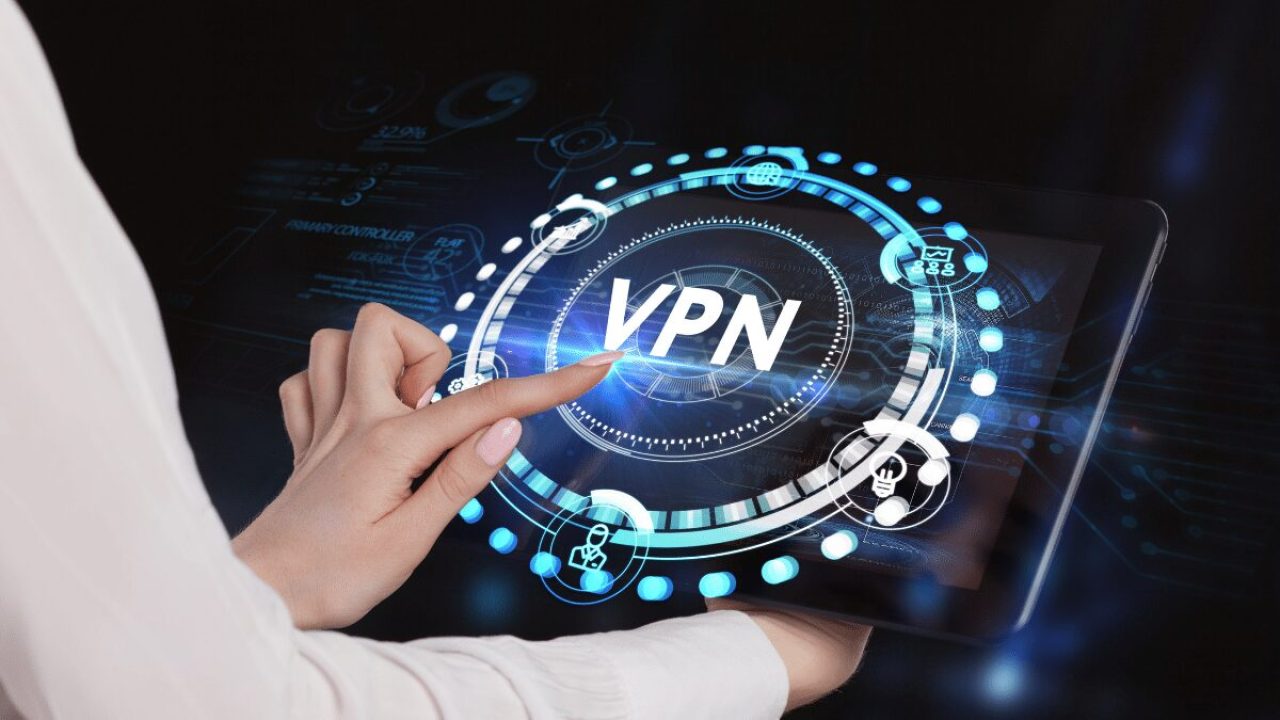In the ever-expanding landscape of the internet, Virtual Private Networks (VPNs) have emerged as indispensable tools, revolutionizing the way we navigate the digital realm. This article explores the history, functionality, key features, benefits, and the crucial importance of VPN for PC in our interconnected world.
Table of Contents
The Historical Journey of VPNs:
The roots of VPNs trace back to the 1990s when businesses sought secure methods to connect their remote offices. The primary objective was to establish private and encrypted communication channels over the public internet, laying the foundation for the VPN we know today.
At its core, a VPN creates a secure and encrypted connection, commonly referred to as a tunnel, between your device and a server. This server could be located anywhere globally, and your internet traffic is routed through this encrypted tunnel. This process shields your data from potential eavesdroppers and provides a secure pathway for your online activities.
Main Features of VPNs:
1.Encryption: VPNs employ robust encryption protocols to encode your data, rendering it unreadable to unauthorized entities.
2. Anonymity: By masking your IP address, VPNs allow you to browse the internet anonymously, preserving your digital identity.
3. Global Server Network: VPNs often operate a network of servers worldwide, enabling users to connect to servers in different locations, bypassing geo-restrictions.
4. Secure Remote Access: Businesses utilize VPNs to provide secure remote access to their networks, allowing employees to connect securely from various locations.
Benefits of VPNs:
1. Enhanced Security: The primary benefit of VPNs is the heightened security they offer. Encryption ensures that sensitive data remains confidential, protecting users from cyber threats such as hackers and data snoopers.
2. Privacy Protection: VPNs shield your online activities from prying eyes, preventing your internet service provider (ISP) and other third parties from monitoring your browsing habits.
3. Bypassing Geo-Restrictions: VPNs empower users to access content that may be restricted based on geographical location. This is particularly valuable for streaming services, news websites, and other region-specific content.
4. Secure Public Wi-Fi Usage: When connected to public Wi-Fi networks, VPNs encrypt your data, mitigating the risks associated with unsecured Wi-Fi hotspots.
5. Anonymous Browsing: By masking your IP address, VPNs preserve your anonymity, making it challenging for websites and advertisers to track your online activities.
The Importance of VPNs in the Modern Digital Landscape:
1. Protecting Personal and Corporate Data: In an era where data is a valuable commodity, the encryption provided by VPNs safeguards personal information and shields corporate data from potential breaches.
2. Preserving Digital Freedom: VPNs play a pivotal role in preserving digital freedom by enabling users to access information without censorship or restrictions, fostering an open and inclusive digital environment.
3. Adapting to Remote Work Culture: With the rise of remote work, VPNs have become essential tools for ensuring secure and private connections for employees working from various locations.
4. Countering Surveillance: VPNs act as a countermeasure against surveillance, allowing individuals to reclaim control over their online privacy in the face of increasing monitoring and data collection.
Conclusion: Embracing the Secure Horizon with VPNs
As we traverse the vast digital landscape, the adoption of VPNs emerges as a strategic imperative. Beyond the historical evolution and technical intricacies lies a powerful tool that not only enhances security and privacy but also empowers users to transcend digital boundaries.
In a world where information is both a commodity and a vulnerability, VPNs stand as guardians, providing a secure pathway through the dynamic and interconnected realm of the internet. Whether for personal use, business operations, or safeguarding digital rights, the significance of VPNs in our modern era cannot be overstated. As we continue to embrace the digital age, integrating a VPN into our digital toolkit is akin to securing a passport for a safer, more private, and liberated online journey.






